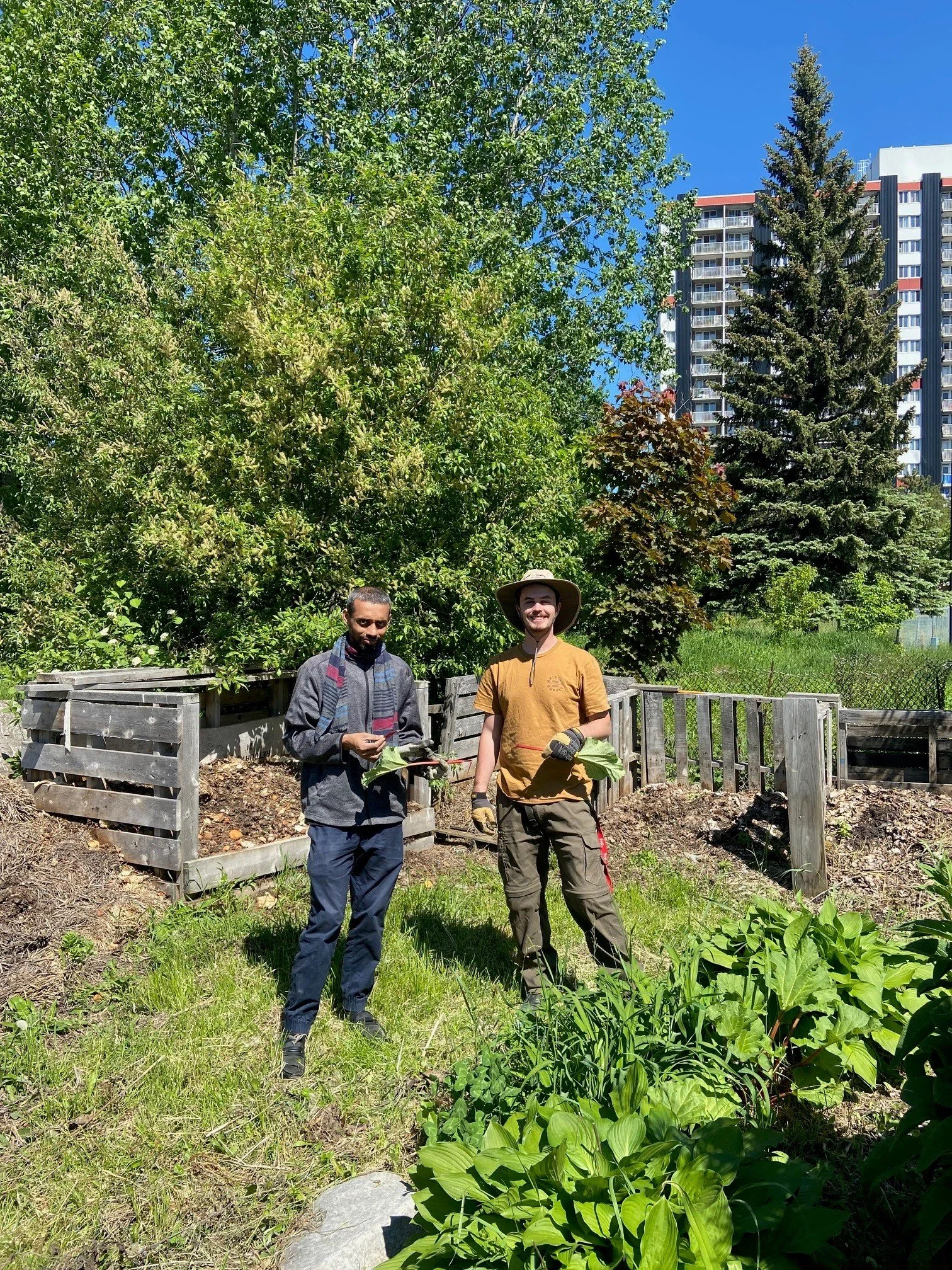
Flour Mill Community Farm
bringing fresh food and youth empowerment to our community
The Flour Mill Community Farm (FMCF) is an urban farm project located in the Flour Mill neighbourhood of Sudbury, Ontario. The mission of the farm is to provide valuable employment experience to local youth, and to address food security while promoting food sovereignty for members of the surrounding low-income community. The FMCF promotes environmental sustainability through regenerative, ecological farming techniques which it teaches to participating youth.
Fresh, ecologically raised produce is grown by the youth each year and is offered at pay-what-you-can prices to those living near the farm through weekly markets. The farm produces hundreds of pounds of food each year, and has employed over 70 youth in Greater Sudbury.
One of the most rewarding parts of our farm season is seeing how much the students love giving back to the community through their work. This year, their impact went far beyond growing fresh vegetables for local families. They helped paint a vibrant mural at the Ryan Heights Community Centre, took part in Arts in the Park with Myths and Mirrors, and wrapped up the season by helping host our Year-End Community BBQ.
The BBQ was a huge success - the farm was buzzing with visitors eager to see what the students had accomplished. They were so enthusiastic about giving tours and sharing stories about their work that I eventually had to step in and take over for a while, just so they could grab a plate and enjoy the celebration themselves! It was a proud moment that perfectly captured the spirit of community, teamwork, and joy that defines our time at the farm.
The 2025 Flour Mill Community Farm season has now wrapped up, and we are deeply thankful for supporters like you who helped us continue serving the Flour Mill community. This year brought unexpected challenges, including the cancellation of the core government program that previously supported our operations. In a year when the future of the farm was uncertain, your support made all the difference.
Because of sponsors like you, we were able to:
• Serve more than 300 community members at our year-end BBQ, hosted in partnership with Myths and Mirrors
• Provide meaningful summer employment for 2 local youth from the Flour Mill neighbourhood
• Run 10 “pay-what-you-can” markets, helping residents access fresh, affordable produce
• Grow an estimated 1,625 pounds of vegetables, directly supporting food security in a community where healthy food options are limited
Your generosity didn’t just keep the farm running — it kept food on plates, young people employed, and a neighbourhood gathering place alive.
On behalf of all of us at reThink Green, thank you for believing in this work and helping us continue to grow community, resilience, and good food in the Flour Mill.
Green Collar Days
Bring your team together through reThink Green’s Corporate Team Building program at the Flour Mill Community Farm. Spend half a day outdoors, hands in the soil, strengthening team bonds while learning how food is grown, gathered, and processed—guided by our passionate experts in the field. After the work, relax and reconnect over a farm-fresh lunch made with ingredients grown right on-site. This unique experience boosts morale, fosters collaboration, and supports local sustainability.
Join us—grow your team’s potential while contributing directly to a greener, healthier Sudbury!
media
volunteer with us!
Interested in volunteering with the Flour Mill Community Farm? Sign up here for updates!
-
The Flour Mill Community Farm, an urban farm initiative in Sudbury, Ontario, is offering a structured Summer Youth Volunteer Program that allows high school students to earn up to 120 community service hours. Students volunteer 15 hours per week through hands-on work in sustainable agriculture, food security, and community outreach.
-
Open to all Ontario high school students (Grades 9–12)
Location: Flour Mill Community Farm, Sudbury, ON
Duration: July to August (8 weeks)
Schedule: 3 days/week (Tuesday–Thursday), 9:00 AM – 2:00 PM (1-hour lunch break)
Total Hours: 15 hours/week = up to 120 hours available
Supervision: Students are always supervised by trained staff and mentors
Verification: Students receive signed documentation confirming completed hours
-
Support the 40-hour community service requirement for the Ontario Secondary School Diploma (OSSD)
Promote experiential learning in areas like:
Environmental stewardship
Sustainable food systems
Climate change and resilience
Civic engagement and volunteerism
Develop soft skills including teamwork, responsibility, leadership, and communication
-
Urban farming (planting, weeding, harvesting, composting)
Farm market operations (customer service, produce preparation)
Community outreach and event support
Educational workshops on food justice, environmental sustainability, and Indigenous knowledge
Peer collaboration and reflective journaling
-
This program complements Grade 9–12 curriculum expectations in:
Geography (environmental sustainability, human impact)
Civics & Careers (active citizenship, community involvement)
Science & Environmental Science (ecology, agriculture, climate change)
Cooperative Education & SHSM (Green Industries, Environment, Non-Profit)
-
Share this opportunity with students seeking meaningful volunteer hours.
Connect interested students with the application process.
Contact us to arrange presentations or printed materials for your school
“I enjoyed seeing everything grow over each week. I enjoyed seeing it get bigger and looking healthy and beautiful. [...] We’ve got a really good program going on here, we’re giving back to the community.”
thank you to our sponsors
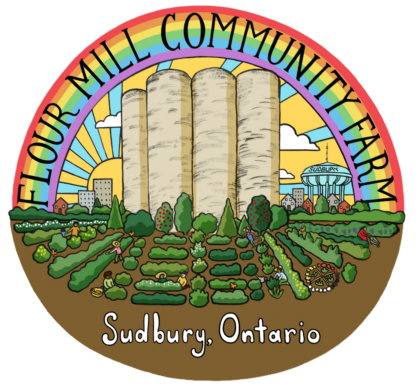
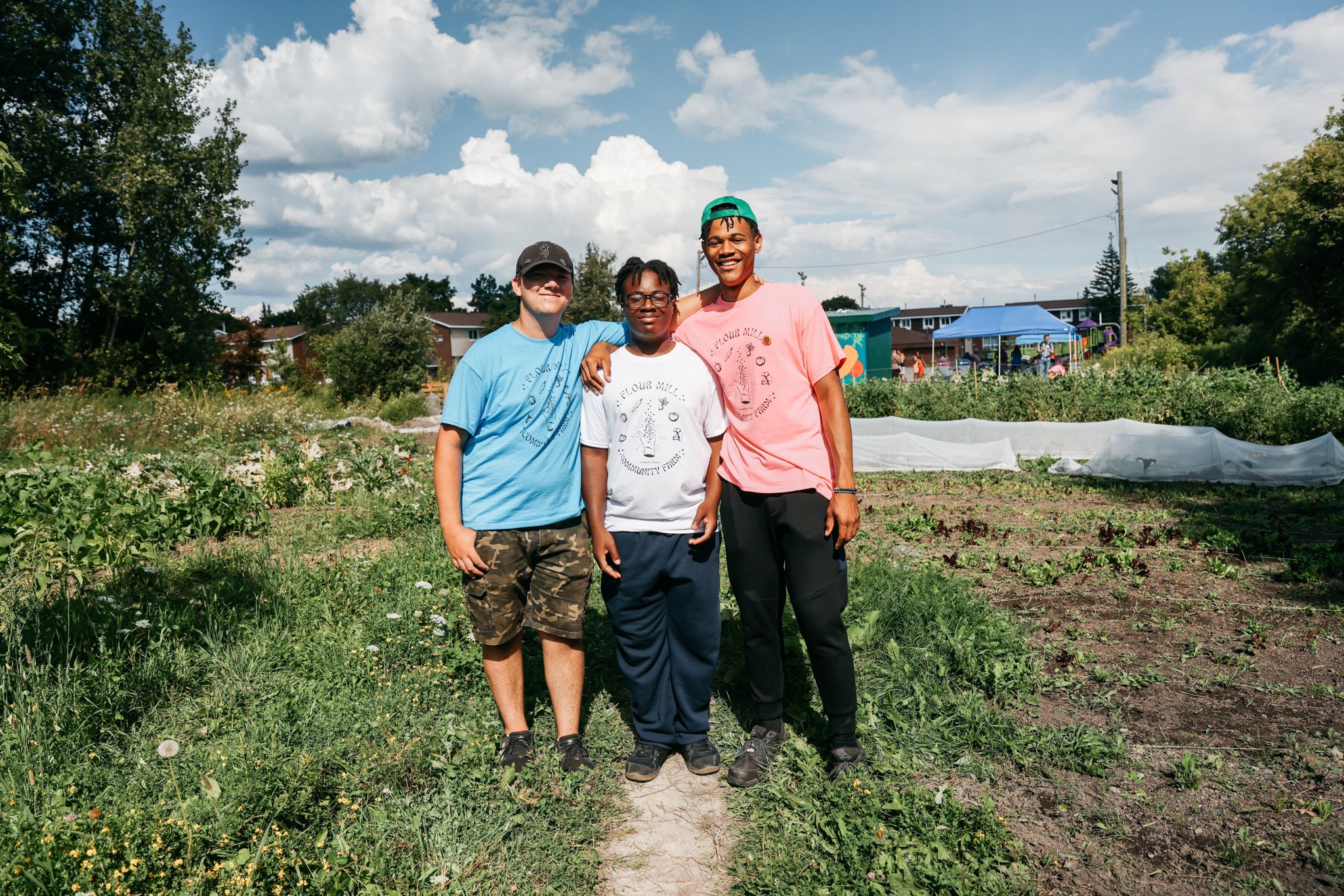
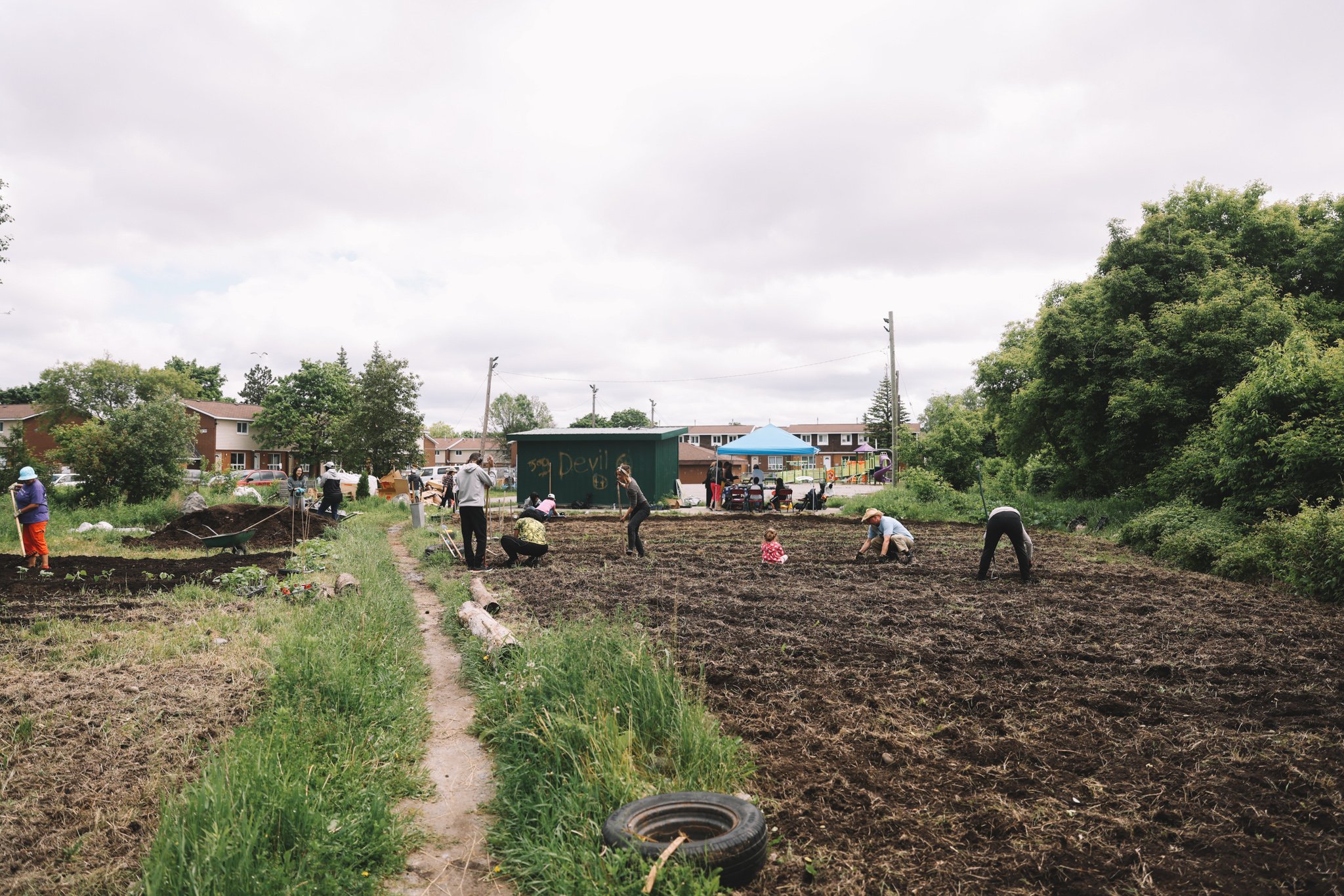
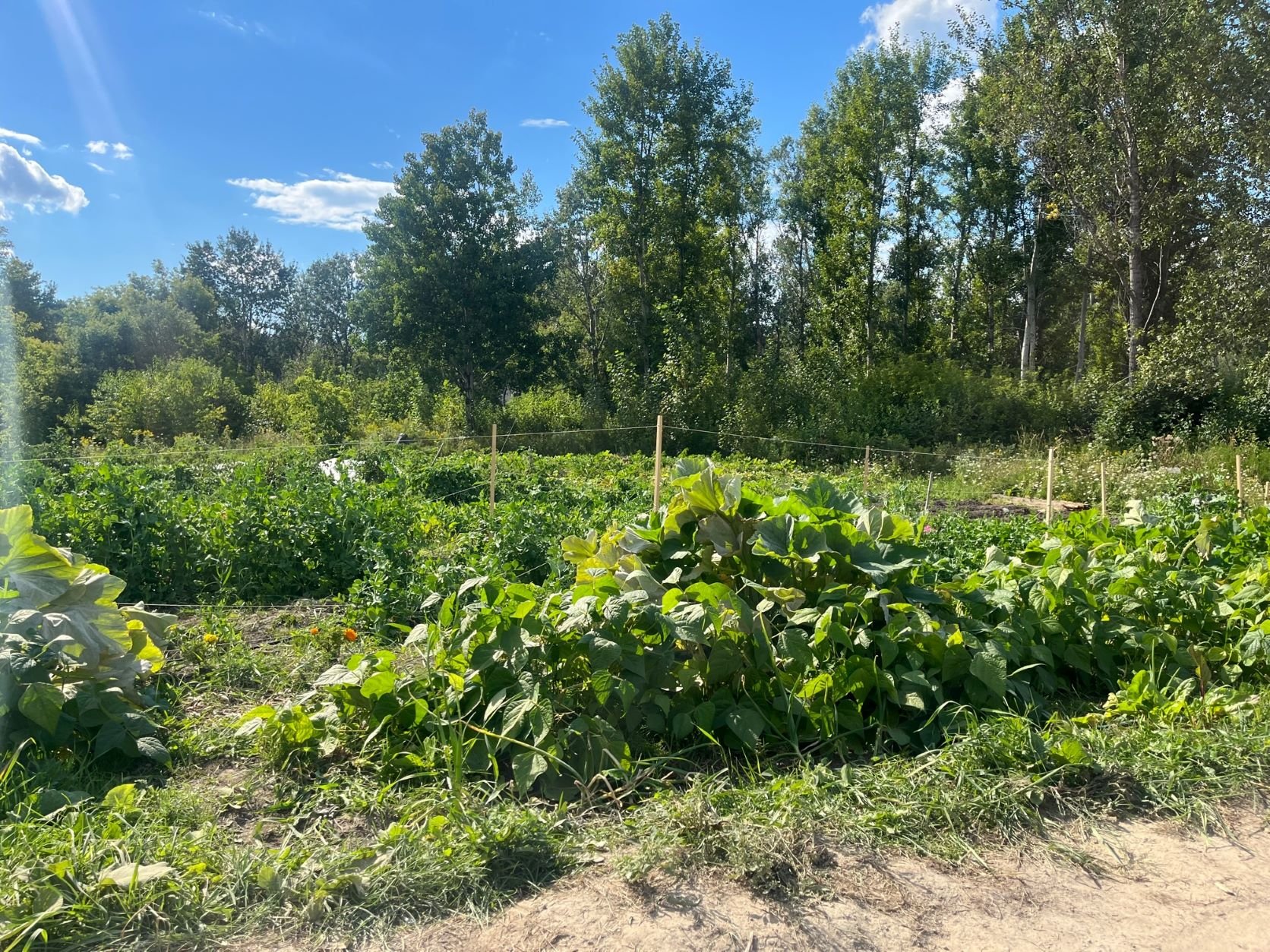
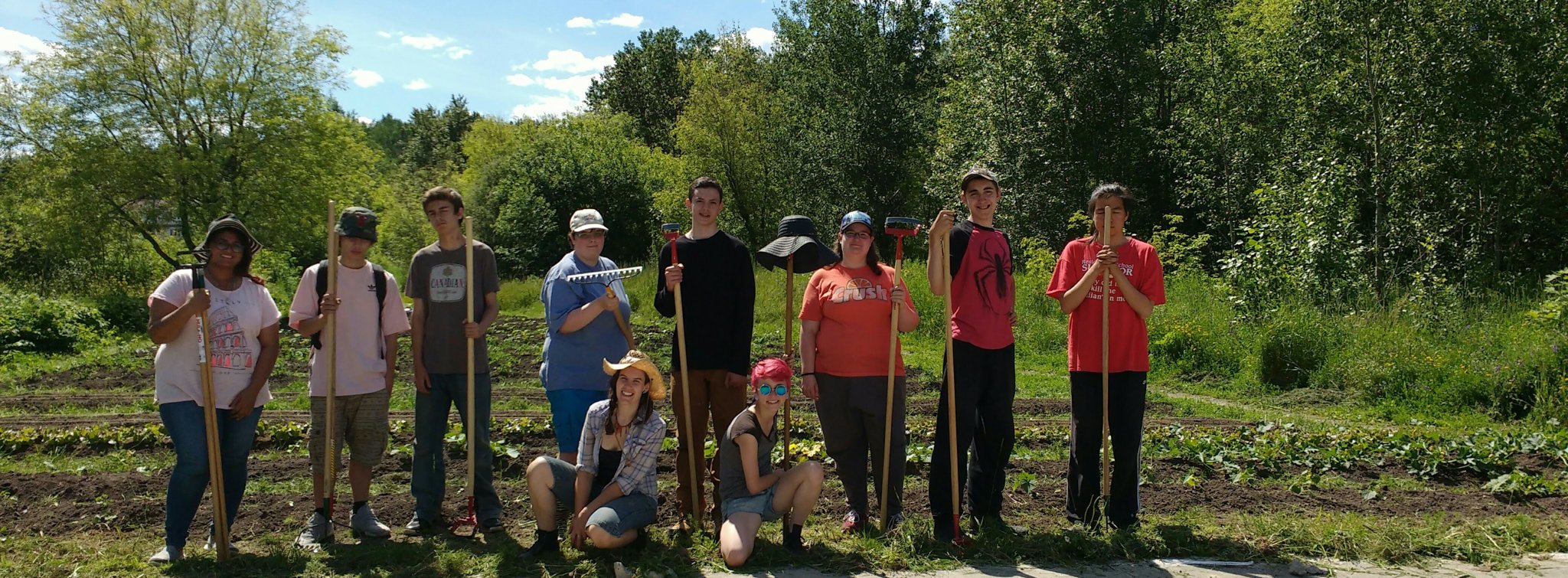
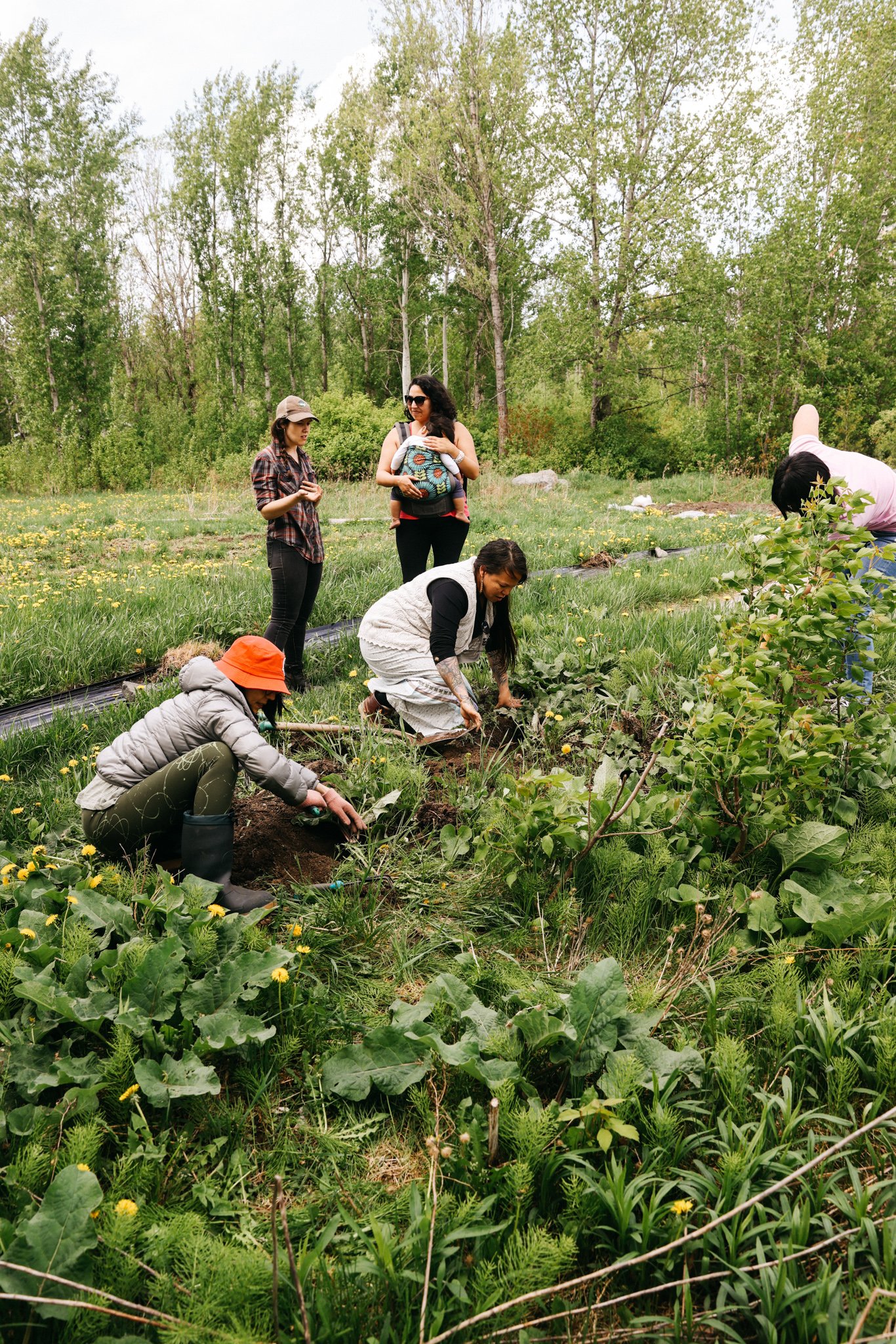
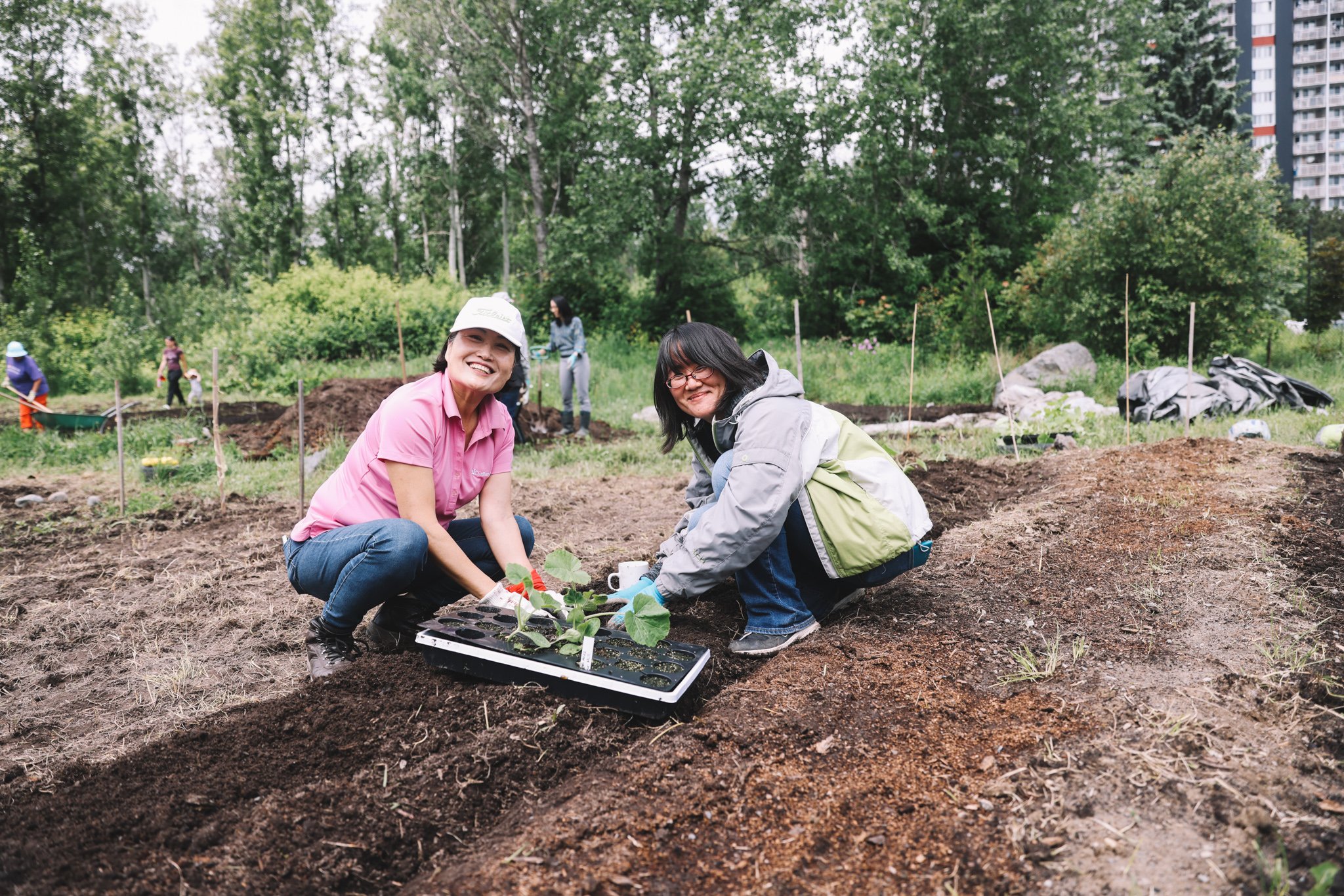
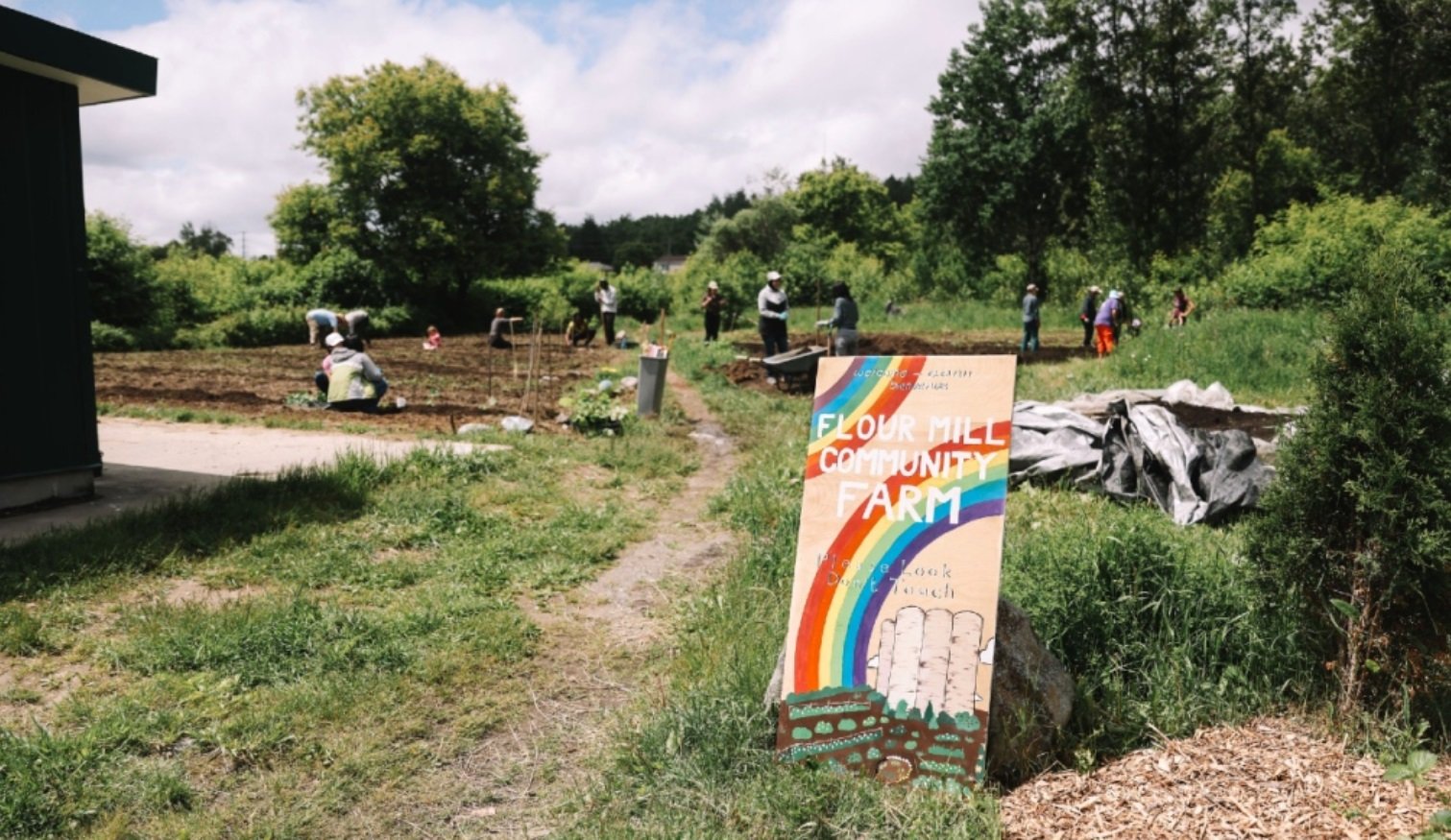
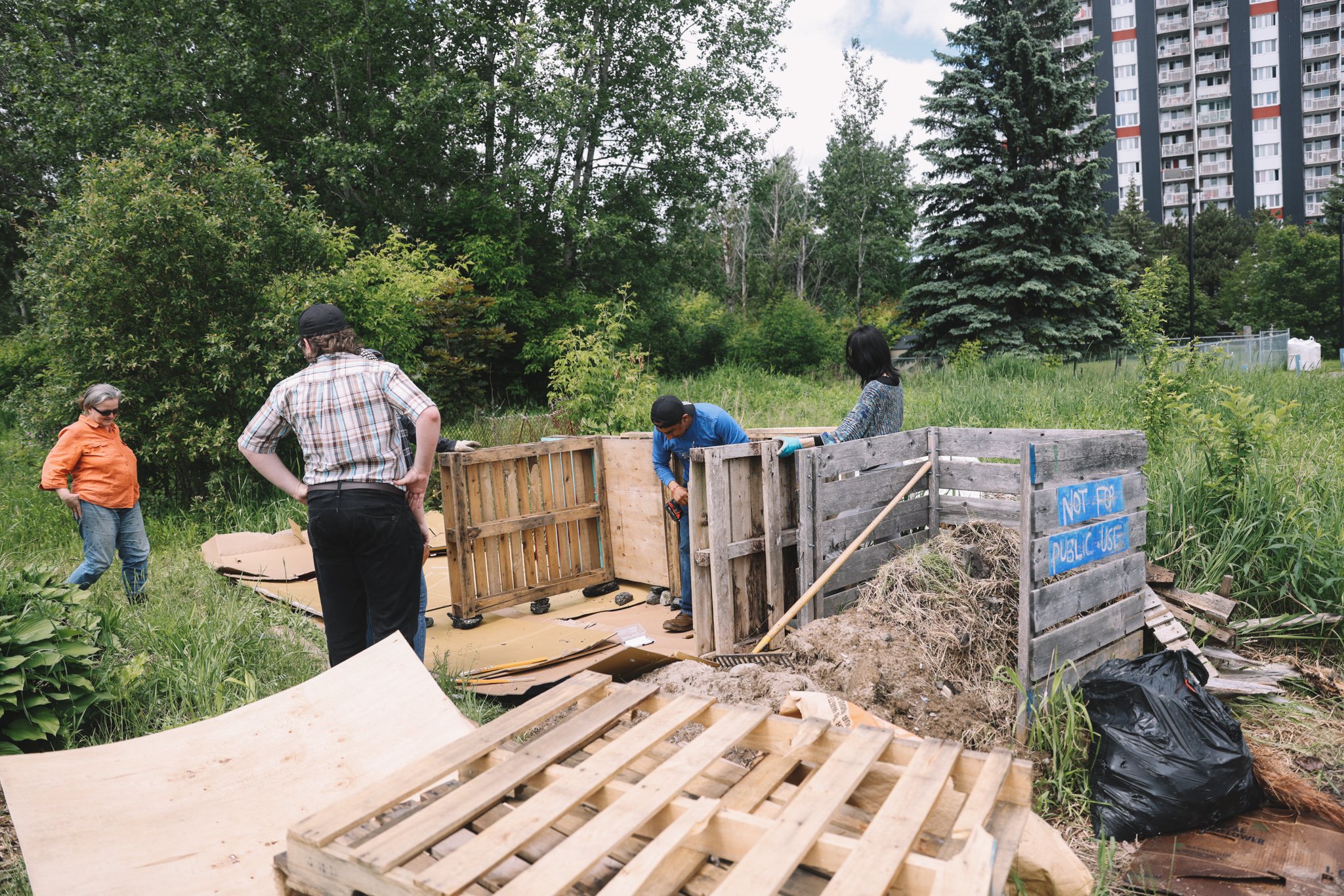
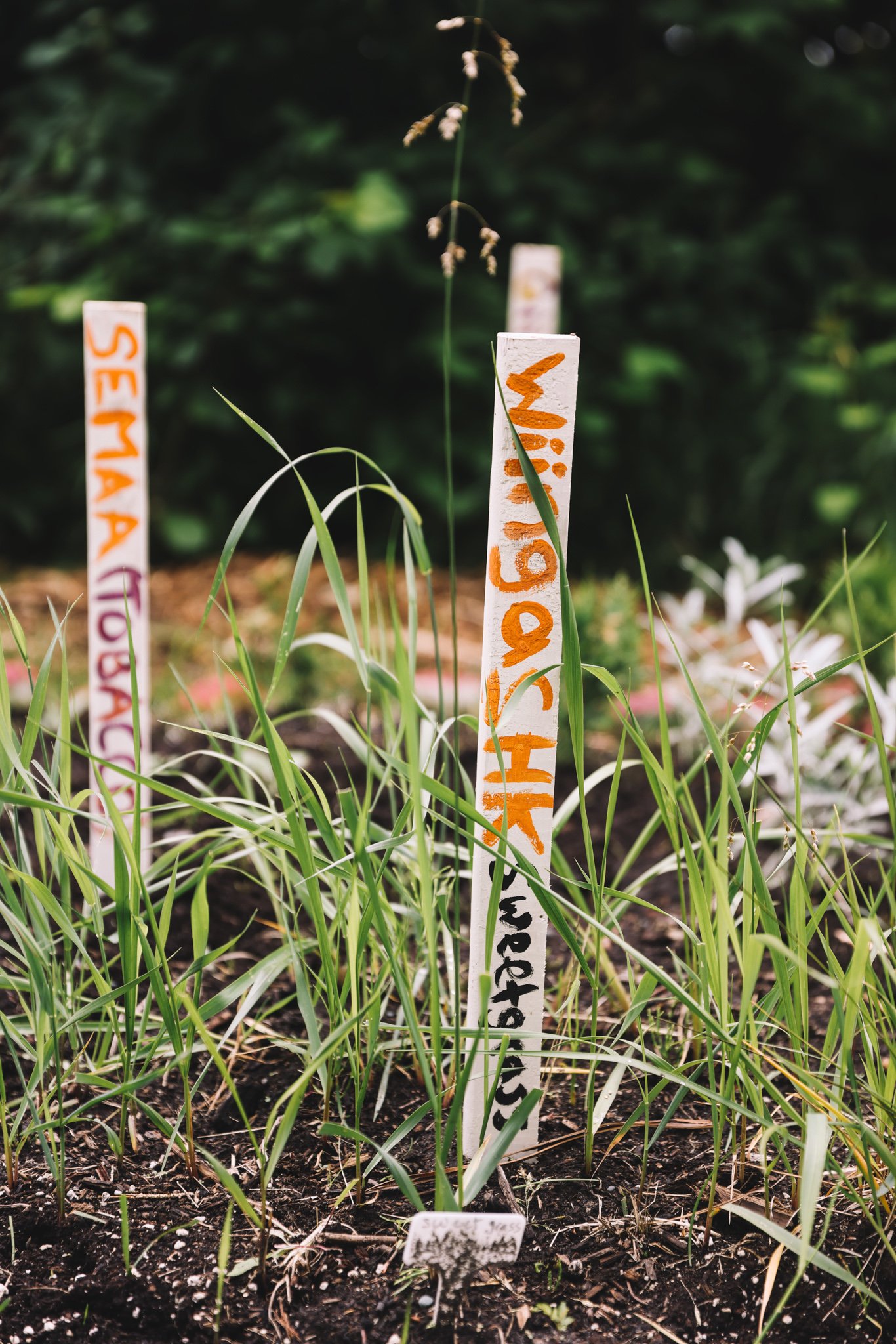
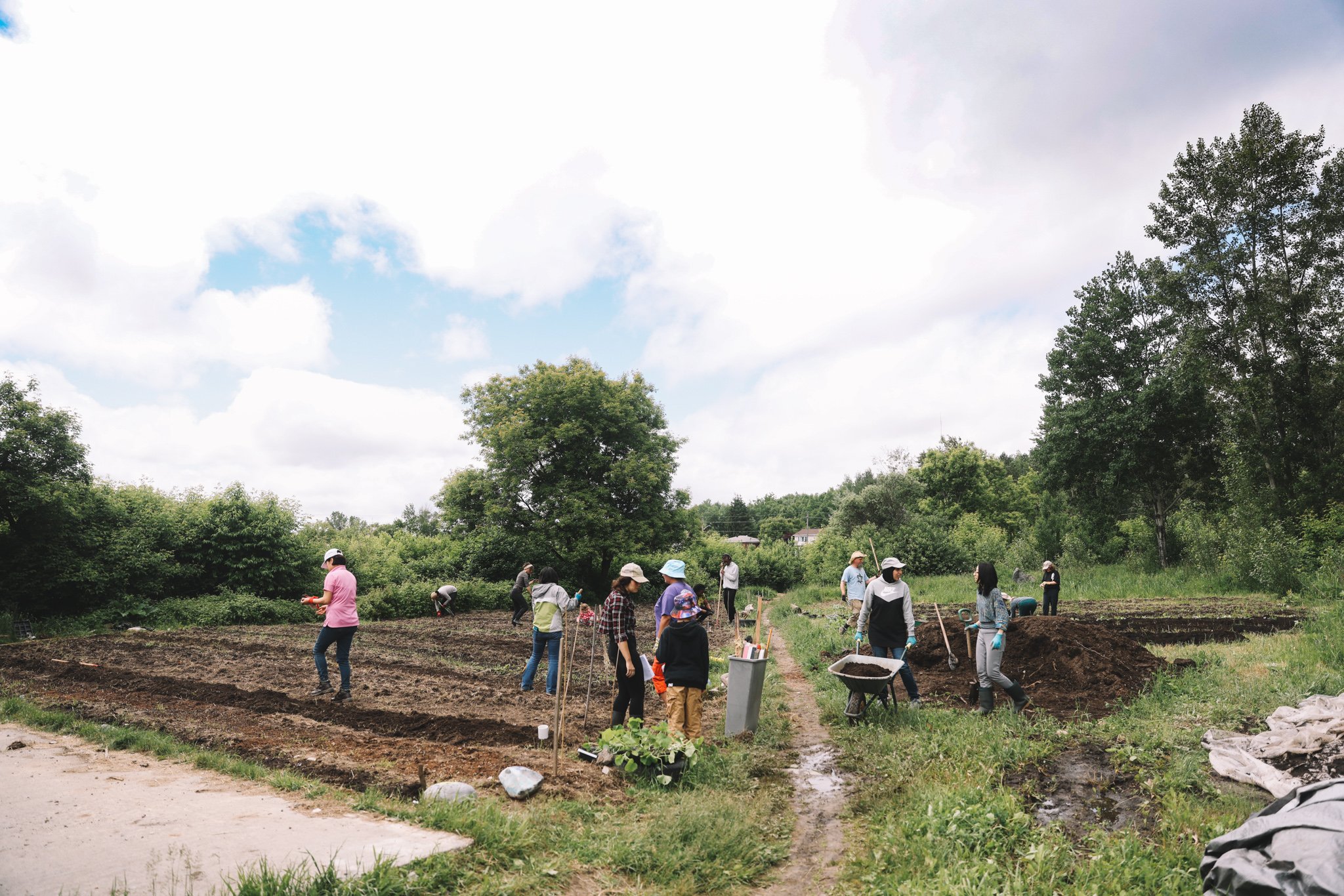
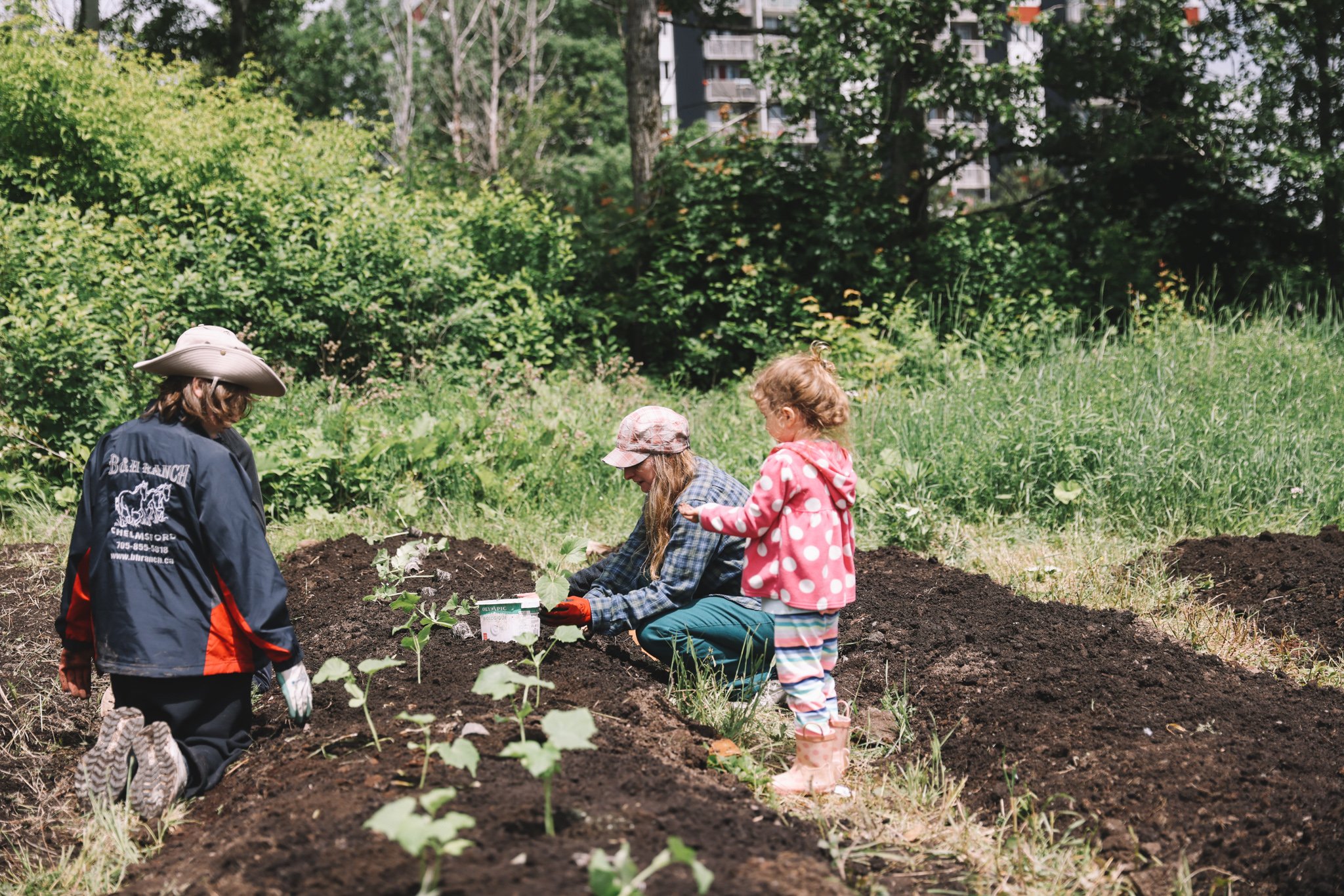
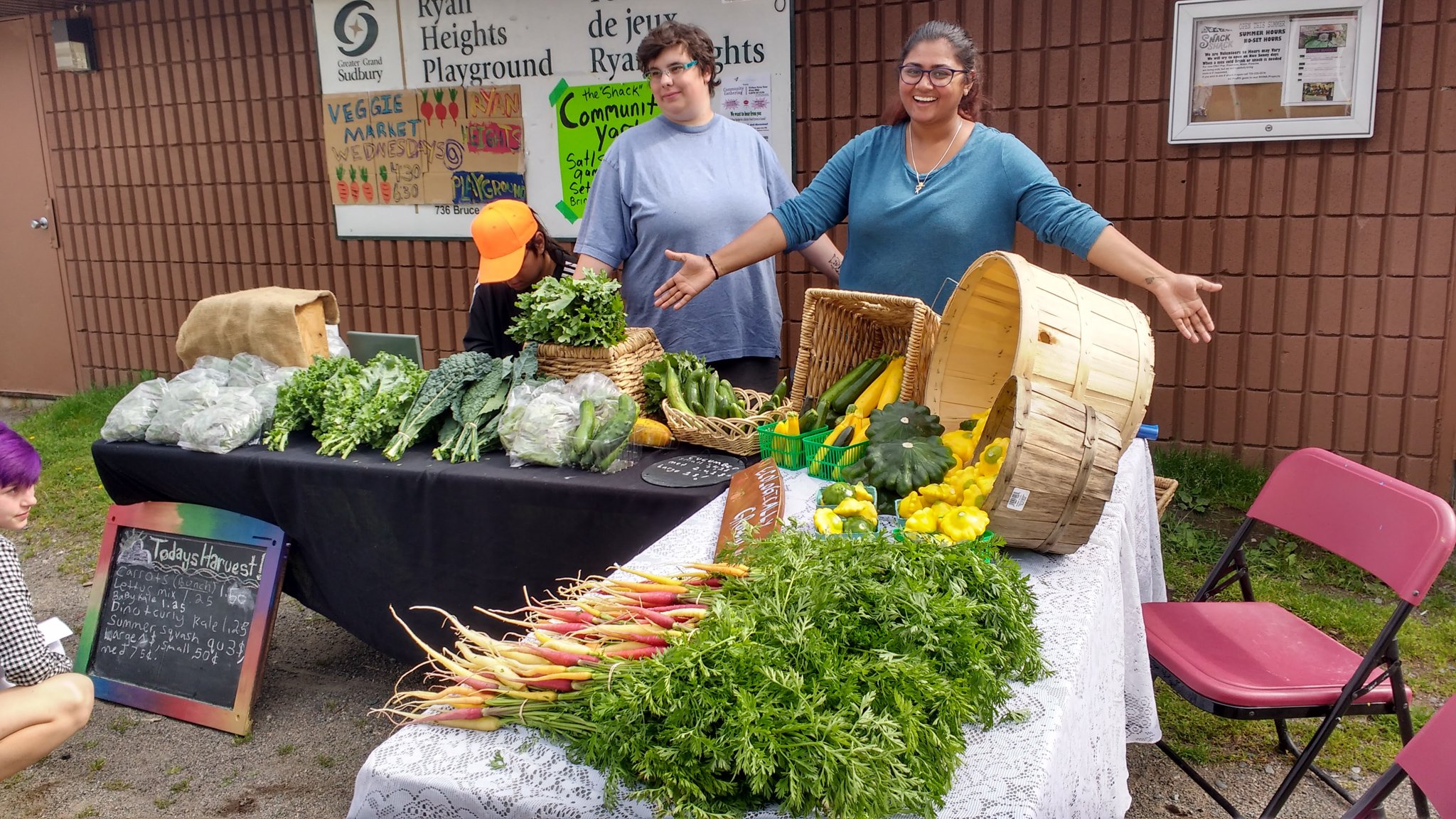

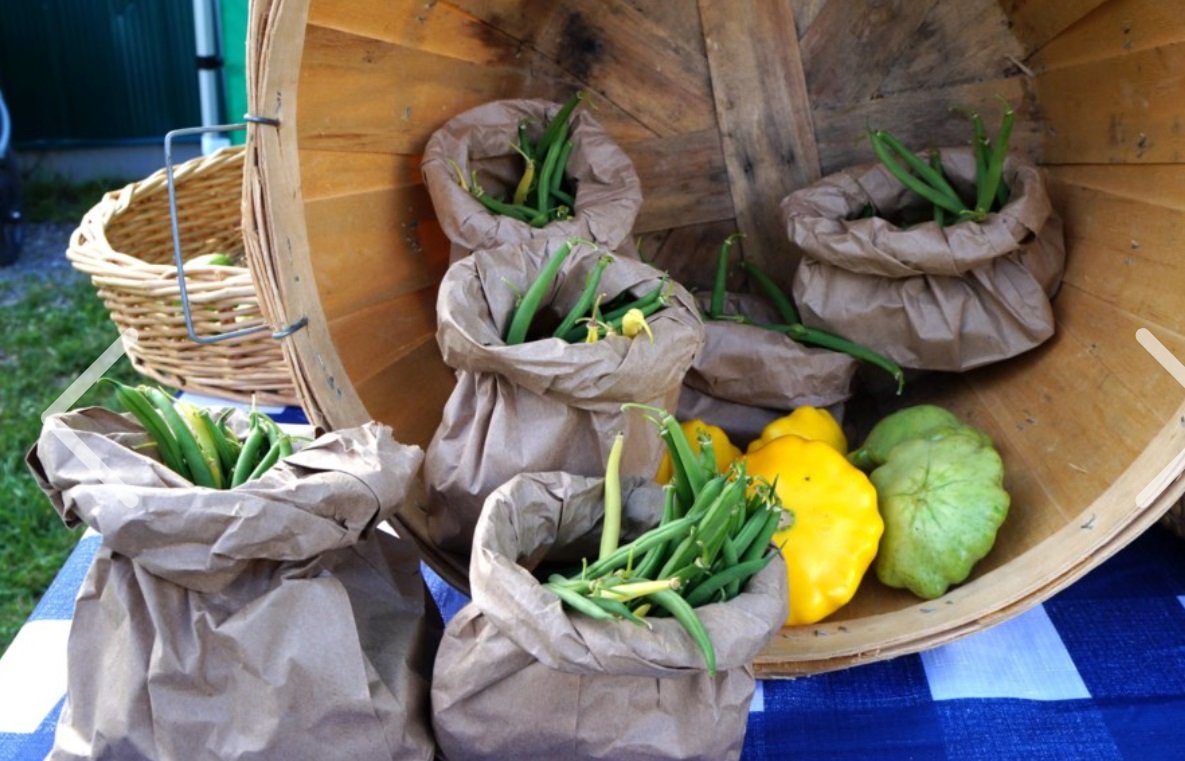
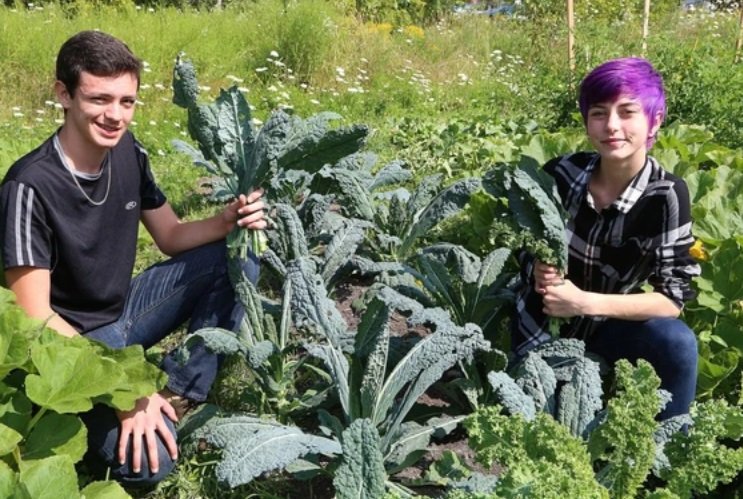
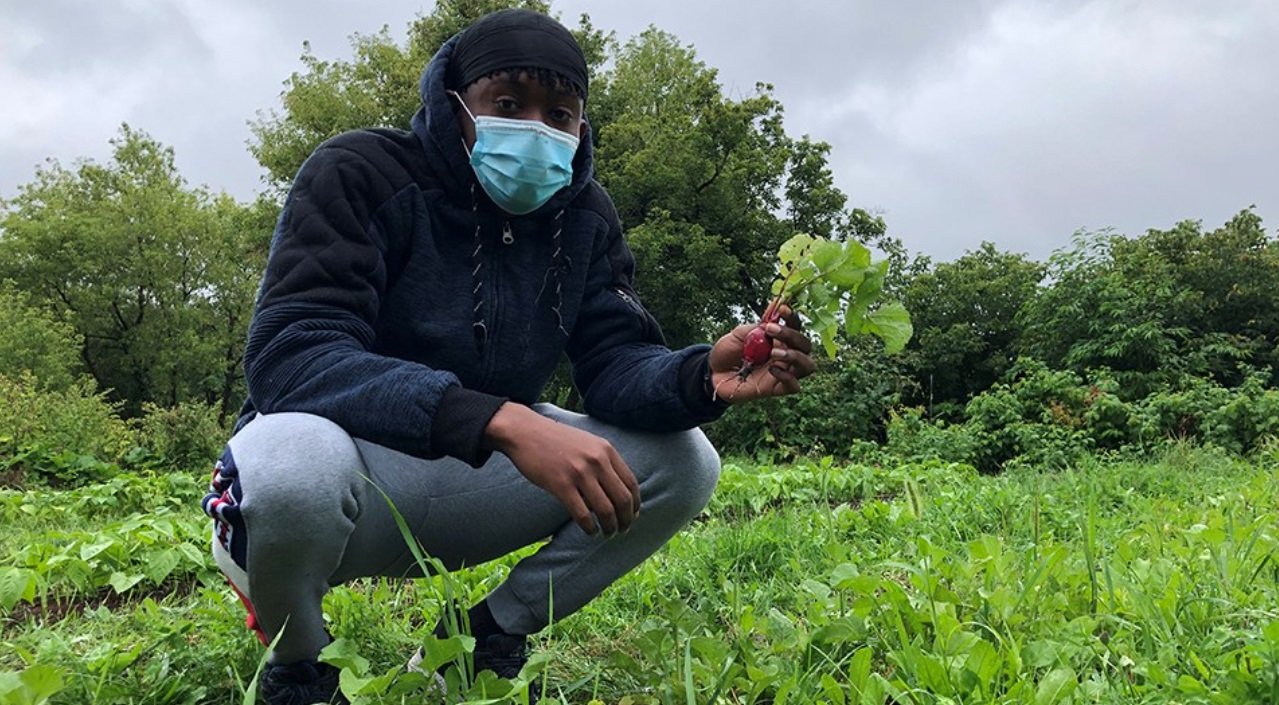
The Flour Mill Community Farm is supported by a partnership between reThink Green and The Foodshed Project

